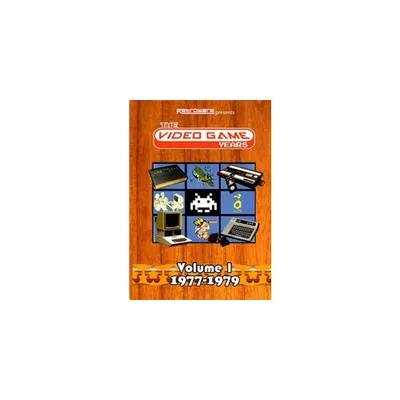Home
Feyerabend's Formative Years. Volume 1. Feyerabend and Popper: Correspondence and Unpublished Papers
Loading Inventory...
Barnes and Noble
Feyerabend's Formative Years. Volume 1. Feyerabend and Popper: Correspondence and Unpublished Papers
Current price: $169.99


Barnes and Noble
Feyerabend's Formative Years. Volume 1. Feyerabend and Popper: Correspondence and Unpublished Papers
Current price: $169.99
Loading Inventory...
Size: OS
*Product Information may vary - to confirm product availability, pricing, and additional information please contact Barnes and Noble
This book offers an inside look into the notoriously tumultuous, professional relationship of two great minds: Karl Popper and Paul Feyerabend. It collects their complete surviving correspondence (1948-1967) and contains previously unpublished papers by both. An introduction situates the correspondence in its historical context by recounting how they first came to meet and an extensive editorial apparatus provides a wealth of background information along with systematic mini-biographies of persons named.
Taken together, the collection presents Popper and Feyerabend’s controversial ideas against the background of the postwar academic environment. It exposes key aspects of an evolving student-mentor relationship that eventually ended amidst increasing accusations of plagiarism. Throughout, readers will find in-depth discussions on a wide range of intriguing topics, including an ongoing debate over the foundations of quantum theory and Popper’s repeated attempts to design an experiment that would test different interpretations of quantum mechanics. The captivating exchange between Feyerabend and Popper offers a valuable resource that will appeal to scientists, laymen, and a wide range of scholars: especially philosophers, historians of science and philosophy and, more generally, intellectual historians.
Taken together, the collection presents Popper and Feyerabend’s controversial ideas against the background of the postwar academic environment. It exposes key aspects of an evolving student-mentor relationship that eventually ended amidst increasing accusations of plagiarism. Throughout, readers will find in-depth discussions on a wide range of intriguing topics, including an ongoing debate over the foundations of quantum theory and Popper’s repeated attempts to design an experiment that would test different interpretations of quantum mechanics. The captivating exchange between Feyerabend and Popper offers a valuable resource that will appeal to scientists, laymen, and a wide range of scholars: especially philosophers, historians of science and philosophy and, more generally, intellectual historians.


















